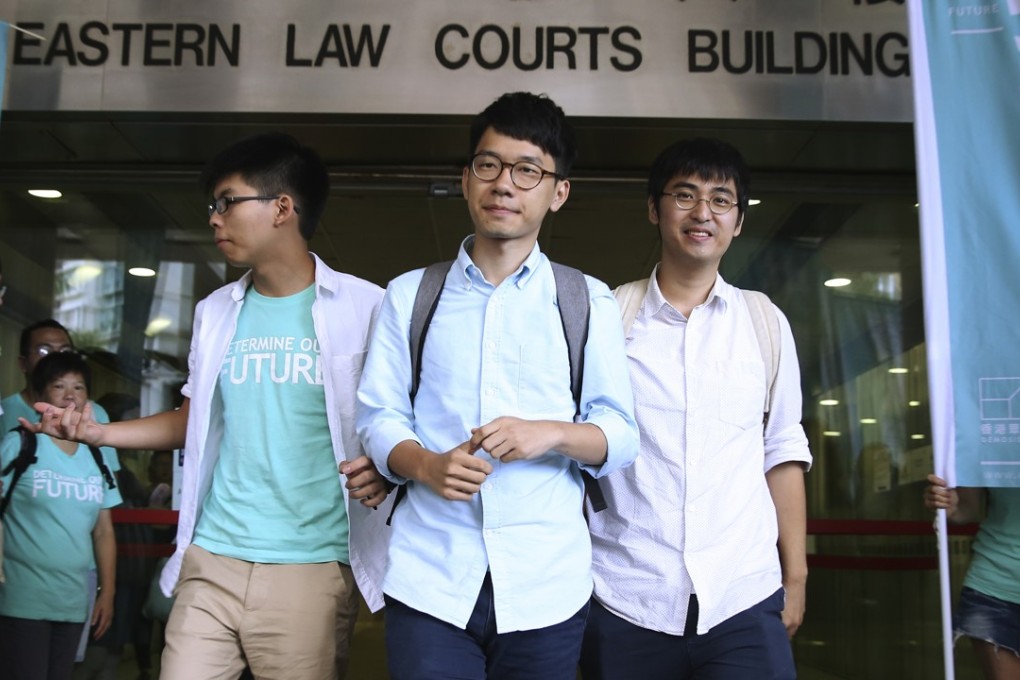No breach of the rule of law in jailing of Hong Kong activists
C. M. Chan says the accusations and insinuations of Beijing’s heavy hand by both US politicians and, more recently, prominent UK lawyers are off the mark, as the facts of the case and a careful reading of the judgment show

The principle of “double jeopardy” is based on the maxim that no person ought to be punished twice for the same offence following a valid acquittal or conviction.
The defendants were originally convicted by a magistrate. The prosecution’s first request for a review of sentence took place before the same magistrate who convicted the defendants. The magistrate upheld her decision and rejected the request to reconsider her earlier ruling for non-custodial sentences.
Under the current rules, a review of sentence can only be lodged if the sentence imposed by the trial judge “is not authorised by law, is wrong in principle or is manifestly excessive or manifestly inadequate”. Subsequently, the Department of Justice requested that the Court of Appeal carry out a second review of the sentence.

Joshua Wong, Nathan Law and Alex Chow are in jail because Hong Kong law demands it
The first review of the sentences was lodged before the defendants served their original community service orders, and their custodial sentences were delivered after their original community service sentences had been served. It took almost a year for the Court of Appeal to hear the review application because the defendants’ appeals were abandoned only in April this year. By the time the imprisonment sentences were handed down, the defendants had already completed their community services.